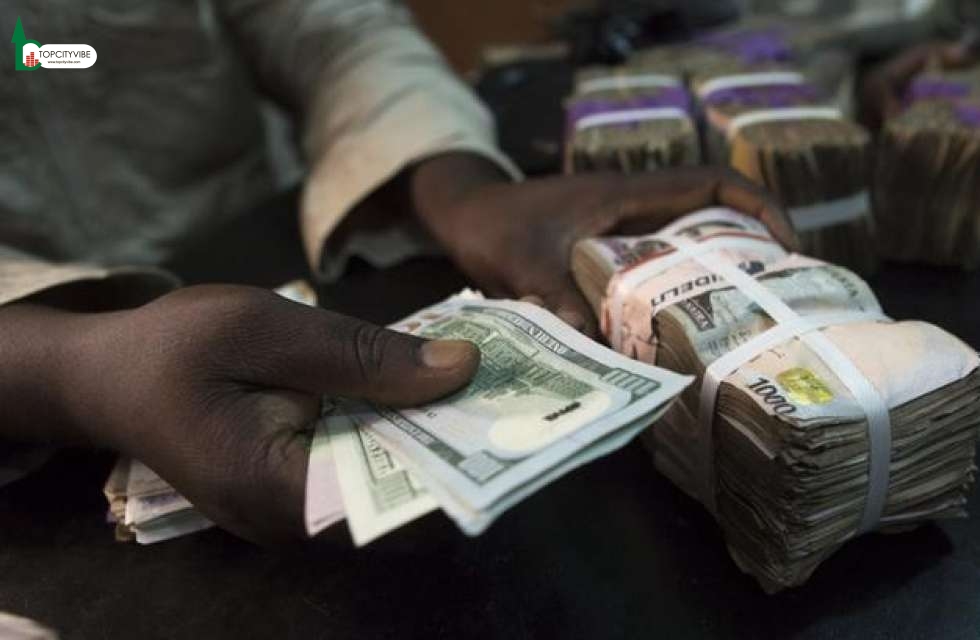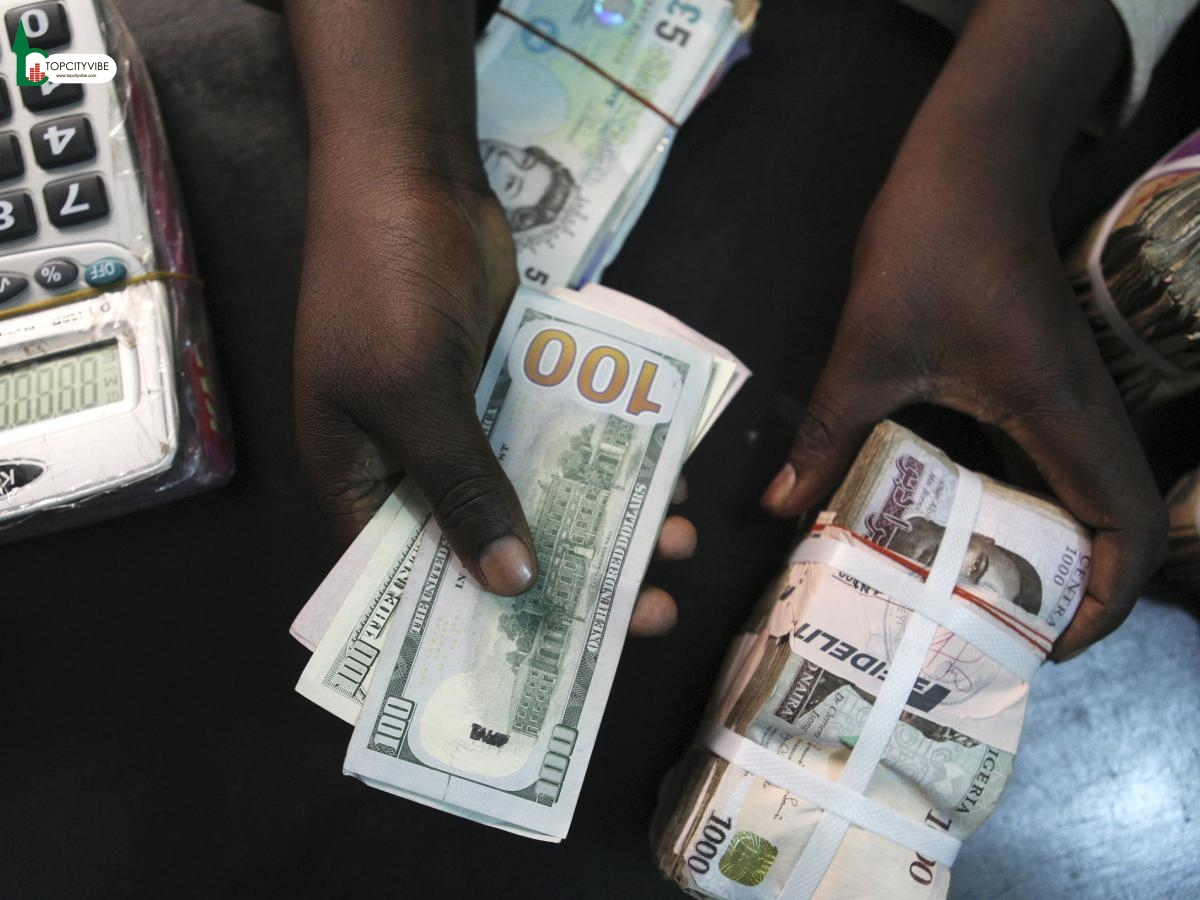Entertainment
Currency traders are expressing frustration as the Nigerian Naira continues to strengthen against the US Dollar in both the official and parallel markets.

The recent fluctuations in the exchange rate between the Nigerian Naira and the US Dollar have stirred concern among currency traders, leading to a series of lamentations over increasing losses and dwindling demand for the dollar. The naira has been gaining strength in both the official and parallel markets, resulting in significant financial setbacks for traders.
The losses incurred by currency traders are primarily attributed to a drastic 12% decrease in the exchange rate set by the Central Bank of Nigeria (CBN) for bureaux de change (BDC). This decrease, amounting to N152.23, has driven the exchange rate down to N1,117.5 per dollar.
The CBN’s decision to ban the use of foreign-denominated collateral for Naira loans has further exacerbated the situation. While exceptions were made for certain instruments like Eurobonds issued by the Federal Government of Nigeria, the overall impact has been a decline in demand for the dollar.
Despite the challenges faced by currency traders, the naira has witnessed a significant increase in value against the US dollar. Data from the Nigeria Foreign Exchange Market (NAFEM) indicates a rise of N20.44 to N1,230.61 per dollar in the official market and an appreciation of N45 to N1,200 per dollar in the parallel market.
The CBN’s recent decision to sell an additional $10,000 to 1,588 BDCs at a rate of N1,101 per dollar for eligible invisible transactions has contributed to this increase in value. Furthermore, BDCs are instructed to sell to eligible end-users at a spread not exceeding 1.5%, resulting in a maximum exchange rate of N1,117.5 per dollar.
However, currency dealers have expressed frustration over the continuous appreciation of the naira, leading to substantial losses. Many BDCs have suffered financial setbacks due to the disparity between the rate at which they purchased dollars from the CBN and the reduced exchange rate.
Customers have responded to the changing exchange rate by suspending transactions, anticipating further depreciation of the dollar. This uncertainty has added to the challenges faced by currency dealers, who are now grappling with the prospect of closing transactions at a loss.
In light of these developments, currency traders are closely monitoring the exchange rate with the hope that the naira will stabilize in the long run. However, the prevailing market conditions and Central Bank policies continue to influence the dynamics of the currency market, leaving traders uncertain about future outcomes.






















